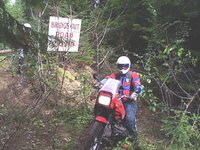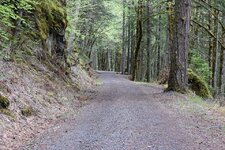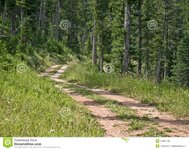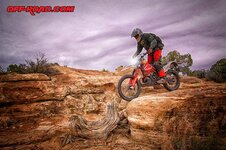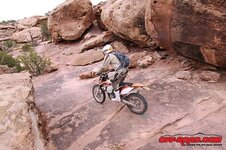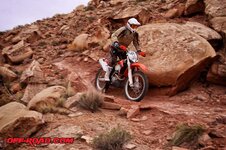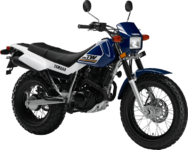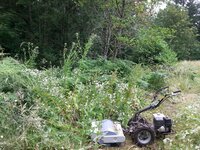Silver Lifetime
- Messages
- 42,994
- Reactions
- 111,714
A whole new set of problems:
Much less cargo/people capacity.
Much less range - my Husaberg 590 gets averages 35 MPG on the road, off-road much less - if I max out its capacity to ~8 gallons, I have about half the range any of my 4 wheeled vehicles has.
Requires much more skill and experience to operate, especially off-road.
If you are injured or sick or just plain super tired, much harder to operate than a 4 wheeled vehicle. It is easy to injure yourself on a dirt bike - BTDT, at that point, you are probably going to be stuck. If you lose the use of one arm or leg, you can pretty much forget about it. If you are not in shape, you will need to be stopping every five minutes on a difficult trail.
Increased danger to haul a passenger, especially a young child.
Really hard to haul a passenger off-road - I am talking about single track trails, not gravel/dirt roads (which are still roads) or two track. So generally, you need a bike for each person, and each person needs to have the skill and experience to operate it.
Yes, there are real advantages to an off road motorcycle, but there are very real disadvantages too, especially if you have a family.






